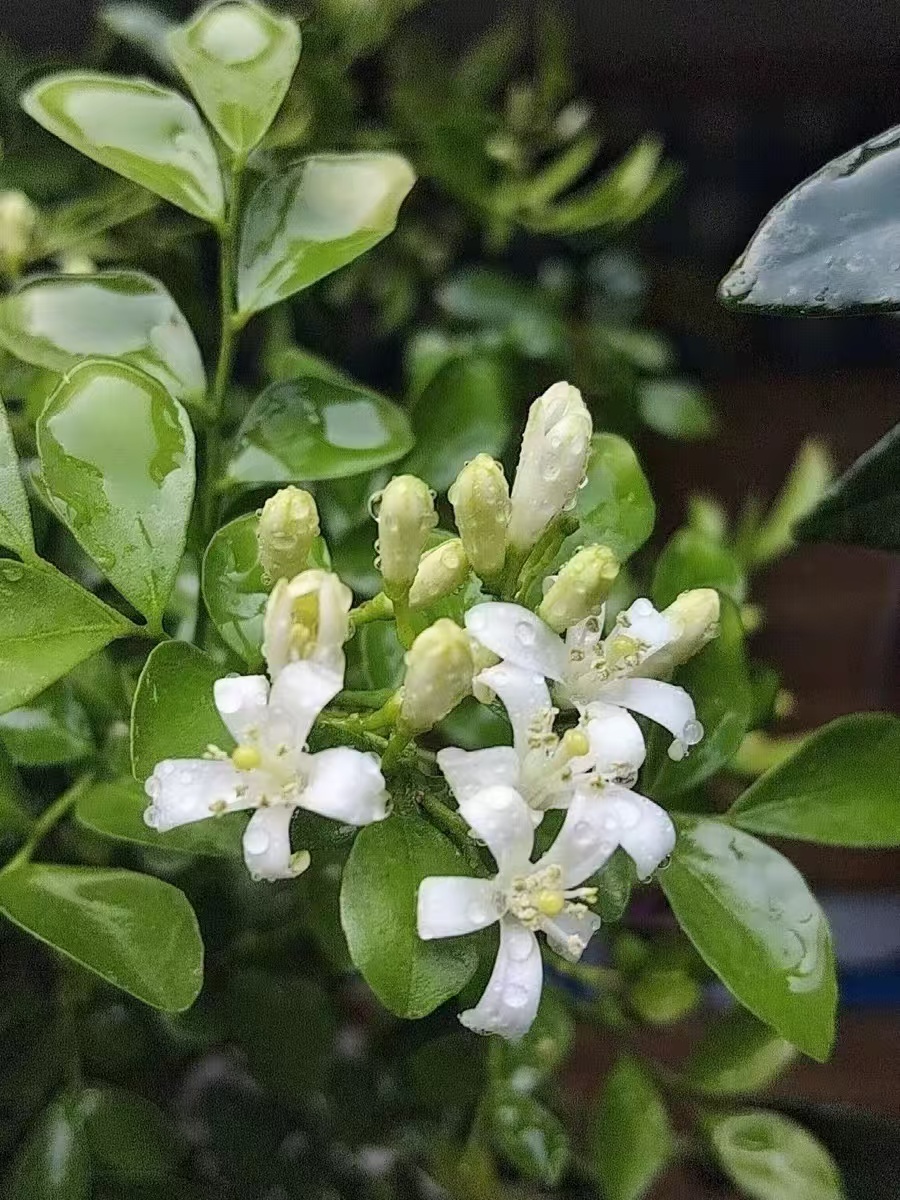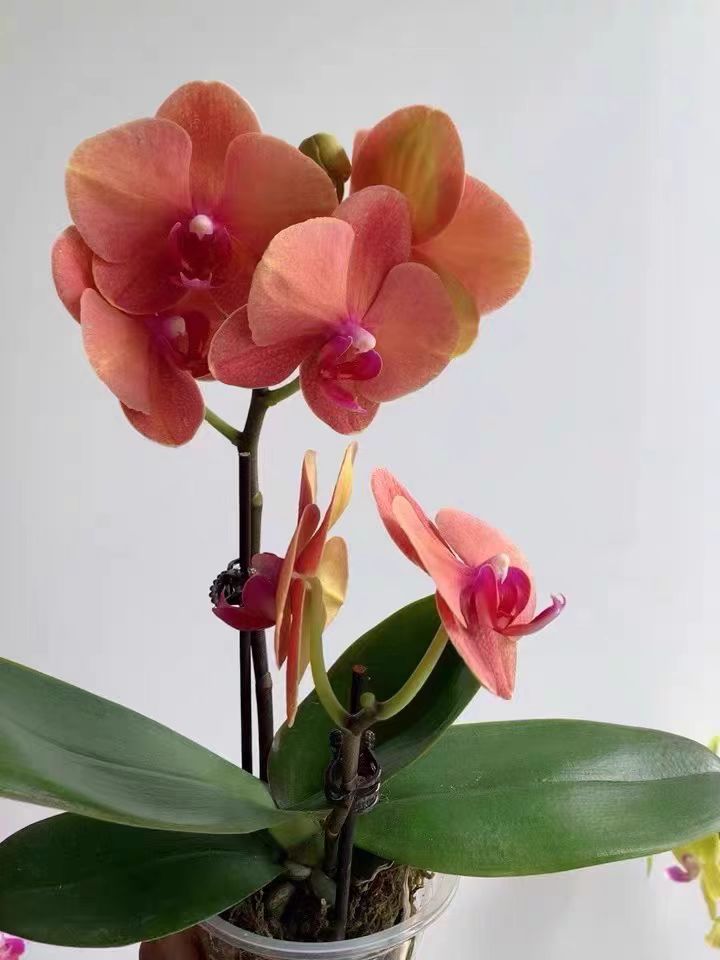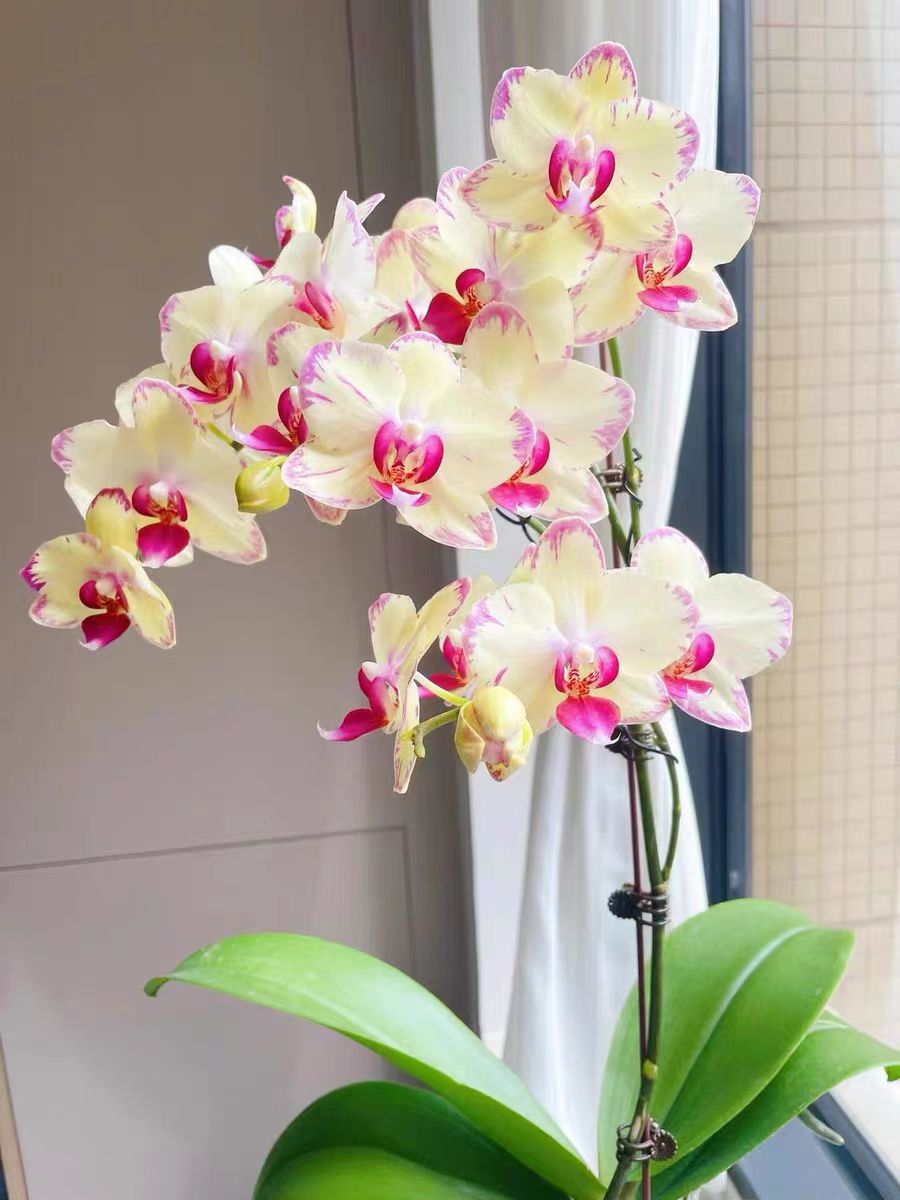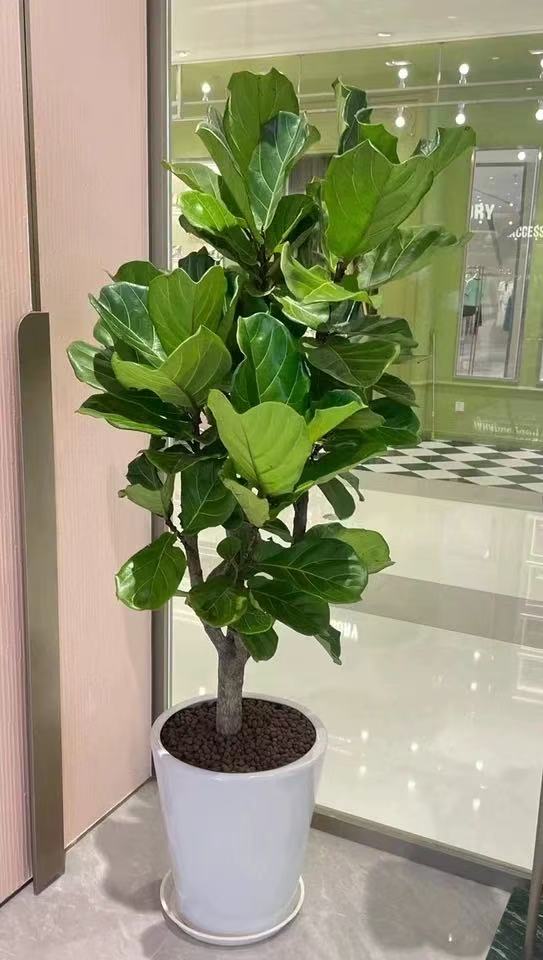In summer, mosquitoes become a nuisance for many people. Surprisingly, some indoor plants can also turn out to be the "culprits" that attract mosquitoes. Let's take a look at which indoor plants are the most likely to attract mosquitoes.
Mosquito plant: The mosquito plant is a rather paradoxical plant as it can not only repel mosquitoes but also attract them at the same time. The characteristic of this plant lies in the fact that its leaves can emit a special fragrance, which has an attraction for mosquitoes, making them prone to attaching to the plant. However, whether the mosquito plant can truly repel or attract mosquitoes may also be related to its growing environment and maintenance methods.
Agave: Agave is another plant that is prone to attracting mosquitoes. There are many tiny depressions on the surface of agave leaves, which can absorb moisture and organic substances in the air, including mosquitoes. Therefore, mosquitoes can often be seen flying around agave.
Rose: Roses are famous for their fragrant aroma and delicate flowers. Unfortunately, this fragrance happens to be liked by mosquitoes. Mosquitoes are very fond of the fragrance of roses and often stay near them or even lay eggs among them.
Dahlia: The floral fragrance of dahlias can also attract mosquitoes. This plant has large and colorful flowers with a strong fragrance, making it easy for mosquitoes to approach the plant. Therefore, planting dahlias at home may increase the number of mosquitoes.
Lavender: Although the fragrance of lavender is liked by people, for mosquitoes, this fragrance is a fatal attraction. The fragrance of lavender can attract mosquitoes, increasing the number of mosquitoes in the surrounding environment.
Crape myrtle: Crape myrtle is a beautiful ornamental plant, but its flowers can also attract mosquitoes. Especially when it is in full bloom, mosquitoes can often be seen flying around it.
Jasmine: The fragrance of jasmine is very attractive to mosquitoes. Jasmine has a strong fragrance that can lure mosquitoes. Therefore, planting jasmine at home may increase the risk of being bitten by mosquitoes.
Tuberose: The fragrance of tuberose is very strong, and this fragrance can attract insects like mosquitoes. Tuberose blooms at night and emits a strong fragrance, making it easy for insects like mosquitoes to find and approach the plant.
Murraya paniculata: Murraya paniculata has an especially strong fragrance. When it is in bloom and placed indoors or in the yard, it is particularly easy to attract mosquitoes and other insects. The stronger the fragrance is, the more mosquitoes and other insects it will attract. Therefore, special attention should be paid to mosquito prevention measures when planting Murraya paniculata.
Although the above plants may be prone to attracting mosquitoes, they also have positive effects in beautifying the home environment and purifying the air. Therefore, when planting these plants at home, some mosquito prevention measures can be taken, such as placing mosquito-repellent plants, using mosquito coils or electric mosquito repellent liquids, to reduce the disturbance of mosquitoes. Meanwhile, regularly cleaning the environment around the plants and keeping it dry and clean can also effectively reduce the breeding of mosquitoes.
Which indoor plants are the most likely to attract mosquitoes?

Share with
Tagged in :




Leave a Reply